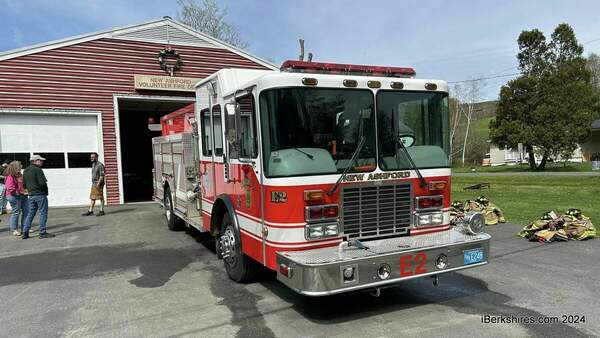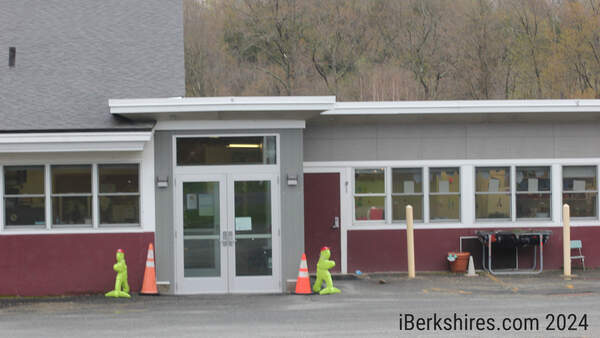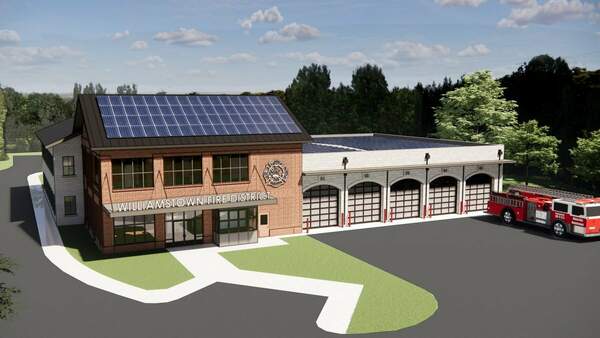Insurance Guy: Snow, Ice & Bursting Pipes
We clearly don't have the winters that we used to have here in Berkshire County. It seems that we now get bits and pieces of what we once used to count on (or dread) from November to April.
In many ways, that might be good news for people. In other ways, we do miss out on some of the age-old traditions that hearty Berkshire County winters used to bring along: skiing (I know they do a great job making it at Jiminy), sliding, snowshoeing, etc. Sometimes, we now just get long periods of cold weather (if that) without the white stuff on the ground.
 There are, however, certain winter triggers that still remain and find ways to wreak havoc on homeowners in the area. I wanted to touch base on a few of these and mention how insurance may respond to them. I mean, you didn't think this was an article about ice fishing did you?
There are, however, certain winter triggers that still remain and find ways to wreak havoc on homeowners in the area. I wanted to touch base on a few of these and mention how insurance may respond to them. I mean, you didn't think this was an article about ice fishing did you?
Roof collapse from weight of snow (ice)
Yes, this would be covered under today's typical homeowners insurance policy. If the heavy snow did damage, there would be coverage in place, subject to your deductible. Now, at the same time, the insurance company may have a few more questions for you if the roof was aging, in bad condition, and should have been replaced prior to the storm. No insurance policy is in place to respond to normal wear and tear on something that should have been maintained or replaced, so keep it up to date as best you can.
Wind damage in a winter storm
Again, the damage caused would be generally covered under a standard homeowners' insurance policy; damage to the house, the contents and any other structures on the property. Tree limbs that blew into the house and did damage would be covered as well by your policy.
Bursting Pipes caused by freezing
If you have maintained heat in the house and have taken reasonable steps to prevent pipe freeze-ups, damage done by water that seeps into walls and ceilings and floors would be covered. When a pipe bursts or an ice-dam forms, there certainly is a good chance that damage will occur. If you have taken steps prior to prevent such occurrences, insurance will respond.
Water can cause more damage in certain instances than a fire, so it is very important to take proactive steps to protect your home.
It is particularly important in the winter to maintain heat in the home and pipes, especially if you go away for a period of time. It makes a great deal of sense to have someone check the house daily if possible. If you left town and turned off the furnace but left the water on, and damage were to take place, coverage may be denied. Common sense is your best friend for avoiding winter problems with your insurance coverage.
Happy Snow Trails.
Dave Bissaillon dabbles in real life while working daily as an account executive at Smith Bros.-McAndrews Insurance Agency in Adams. His occasional column will touch on insurance and other fun stuff.
Tags: homeowners insurance, Insurance Guy, snowstorm,















